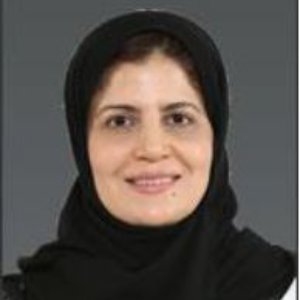Title : Investigating unique and recurrent copy number variations in inflammation-related genes in alzheimer's disease and related disorders among Saudi patients
Abstract:
Background: Alzheimer's disease (AD) is a progressive neurodegenerative disorder and the primary cause of dementia, characterized by declining memory and cognitive function. Research has identified significant genes and risk alleles associated with AD, which shares common inflammatory pathways with related conditions such as Type 2 diabetes, major depressive disorder, hypertension, hyperlipidemia, and dyslipidemia. However, more in-depth molecular research on inflammatory genes relevant to AD and its related disorders in Arab countries, including Saudi Arabia, is needed.
Objectives: This study investigates inflammatory genes in AD and its related disorders by conducting copy number variation (CNV) analysis for chromosomal regions in a cohort of 68 Saudi patients.
Methods: DNA was analyzed using the CytoScan-HD array. Two layers of filtering criteria were applied. All identified CNVs were cross-referenced with the Database of Genomic Variants (DGV).
Results: A total of 189 CNVs, including 102 gains and 87 losses, were identified, containing genes implicated in the inflammatory processes of AD and its related disorders. Notably, the MIR650 gene, associated with the inflammatory processes of AD, was recurrent in the studied cohort, while the FKBP5 gene was unique to a case of late-onset AD (LOAD). The findings highlight the genetic landscape of AD and provide pioneering insights into rare variants within genes linked to the inflammatory cascade of AD and its associated disorders in a cohort of 68 Saudi patients.
Conclusions: This study provides valuable information on the presence of CNVs implicated in the inflammatory processes of AD and its related disorders in Saudi Alzheimer's patients.




